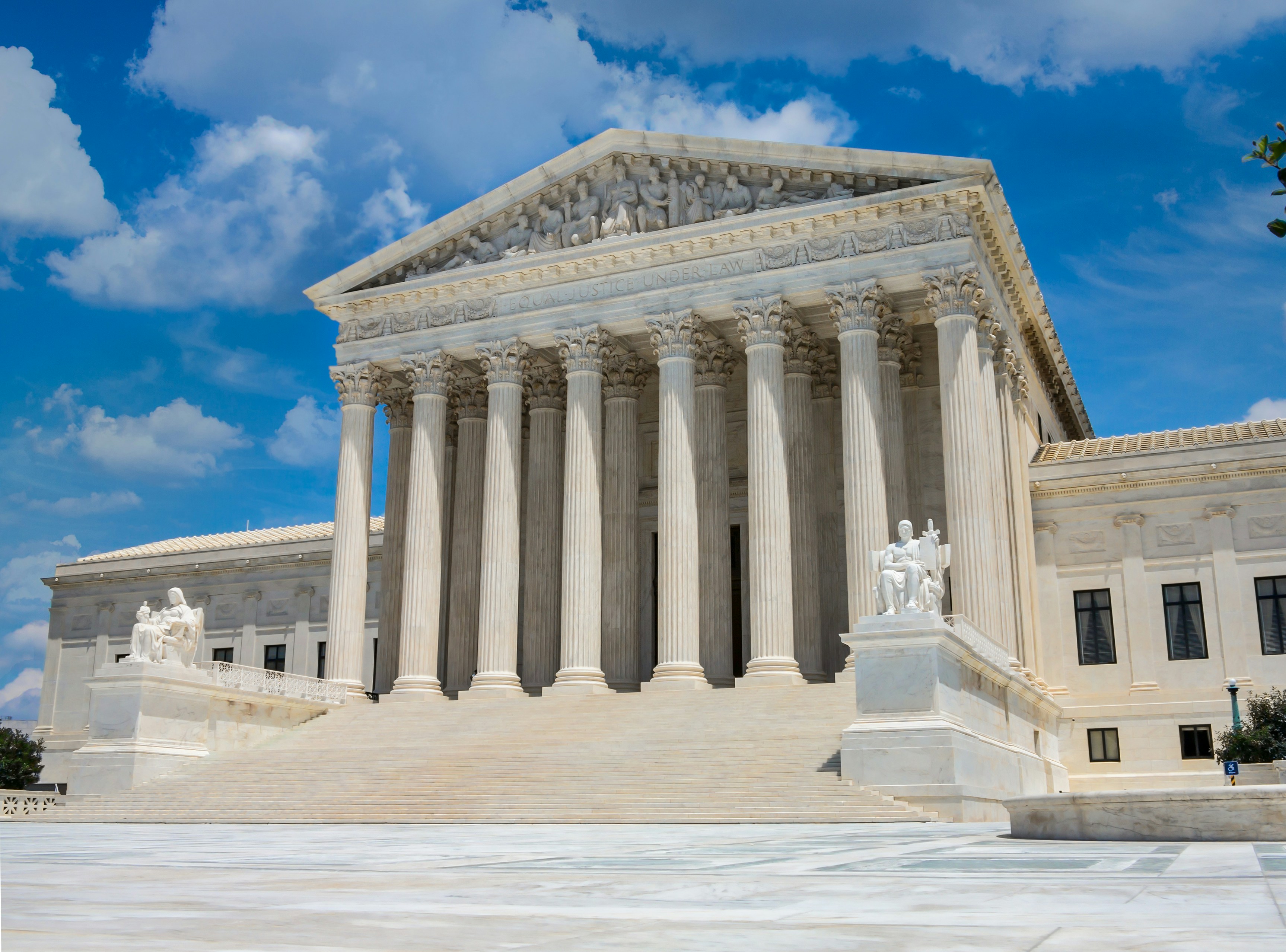A recent poll found that 72 percent of Americans support an emergency charity stimulus proposal that would increase to 10 percent the payouts required of private foundations and donor-advised funds (DAFs) for three years. To help charities cope with increased demand for social services due to the pandemic, the proposal would provide about $200 billion additional funding with no additional costs to taxpayers.
“Americans want to see foundations and donors step up to help charities for the next three years of impact from the pandemic,” said Chuck Collins, Director of the Charity Reform Initiative at the Institute for Policy Studies. “This polling shows Congress that most Americans support a temporary three-year change in the law that dictates the minimum payout requirement in order to provide that help to charities.”
The poll also found that most Americans have a limited understanding of how charitable foundations and donor-advised funds work. But once explained, key characteristics of foundations and DAFs are not very acceptable to strong majorities.
For example, 93 percent of Americans found it unacceptable that donor-advised funds (DAFs) are under no obligation to disburse any funds to active charities. Americans felt strongly (79 percent) that DAFs should have minimum payouts and greater transparency, even if it reduced the accumulation of dollars in the accounts.
Further, Americans are aware that charities are struggling (70%) during the pandemic, but only a minority (42%) are aware how significant the sector is to employment and the economy. And many fewer Americans are aware of the $1.2 trillion in foundations (24%), nor how foundations and DAFs work (under 20% awareness).
Some legacy foundations are concerned about the idea of increasing payouts, even on a temporary basis, out of fear that it might impact their ability to exist in perpetuity. While the poll found that a strong majority of Americans (80 percent) believe foundations play an important role, the same number (80 percent) also strongly agree that taxpayers should not have to subsidize wealthy donors in the creation of legacy foundations.
The poll was conducted by Ipsos in partnership with Sector 3 Insights and the Institute for Policy Studies Program on Inequality. A summary of the poll may be found here. Full polling tabs are available to download here.
The Institute for Policy Studies, Patriotic Millionaires, and the Wallace Global Fund recently co-sponsored a letter urging Congress to mandate a temporary, three-year emergency charity stimulus increase in the pay-out percentage required of foundations by law. The letter has been signed by more than 450 foundation trustees, donors and philanthropic leaders. It calls for the following measures: 1) Mandate a temporary doubling of private foundation payout from 5 percent to 10 percent for three years, and 2) Establish a similar 10 percent payout for donor-advised funds (DAFs) that currently have no mandate. Researchers at the Institute for Policy Studies estimate these policies would unleash an estimated $200 billion in additional charity funds over three years.
The full letter and the initial list of signers may be found here (http://charitystimulus.org/).
Thanks for reading CPA Practice Advisor!
Subscribe Already registered? Log In
Need more information? Read the FAQs




